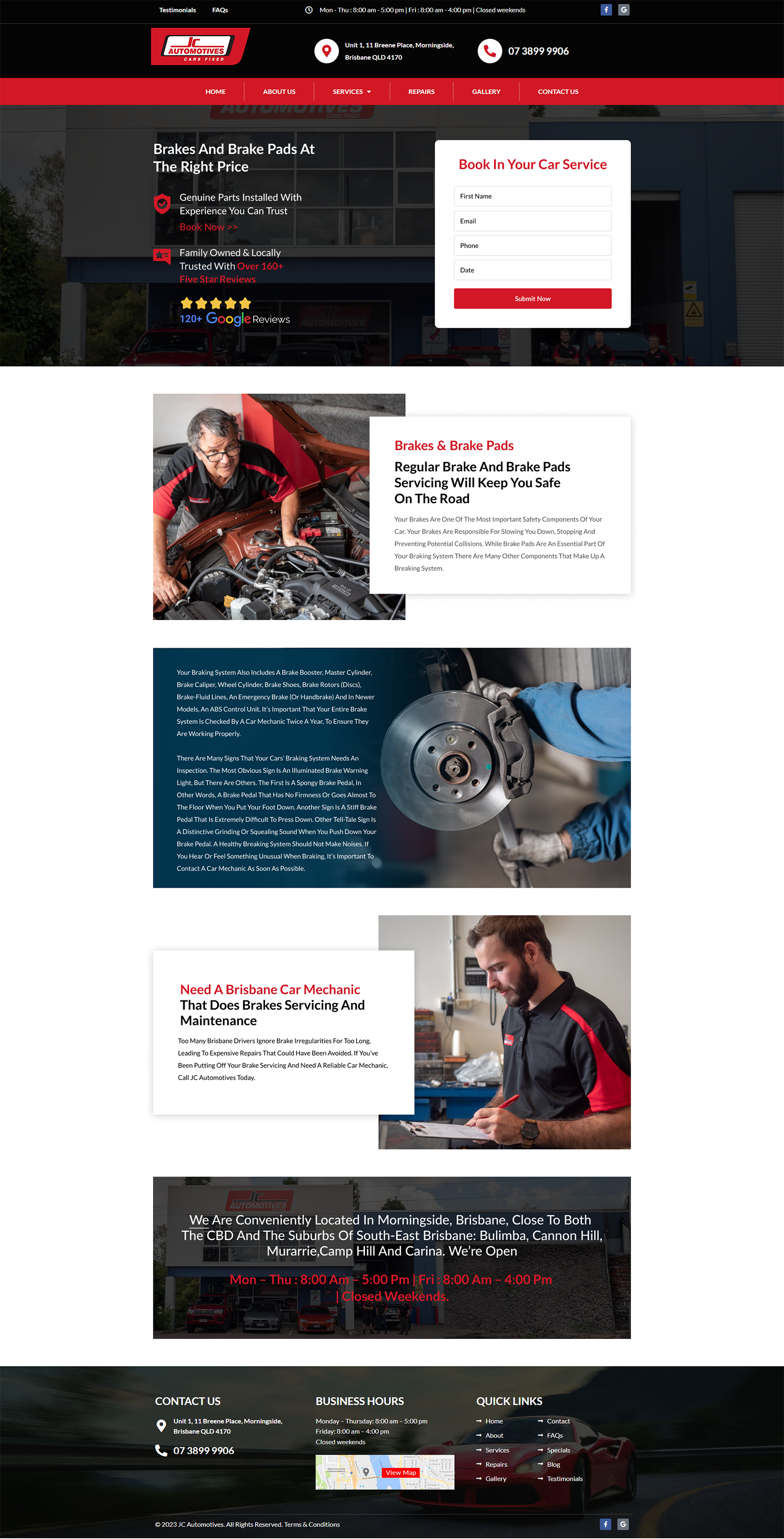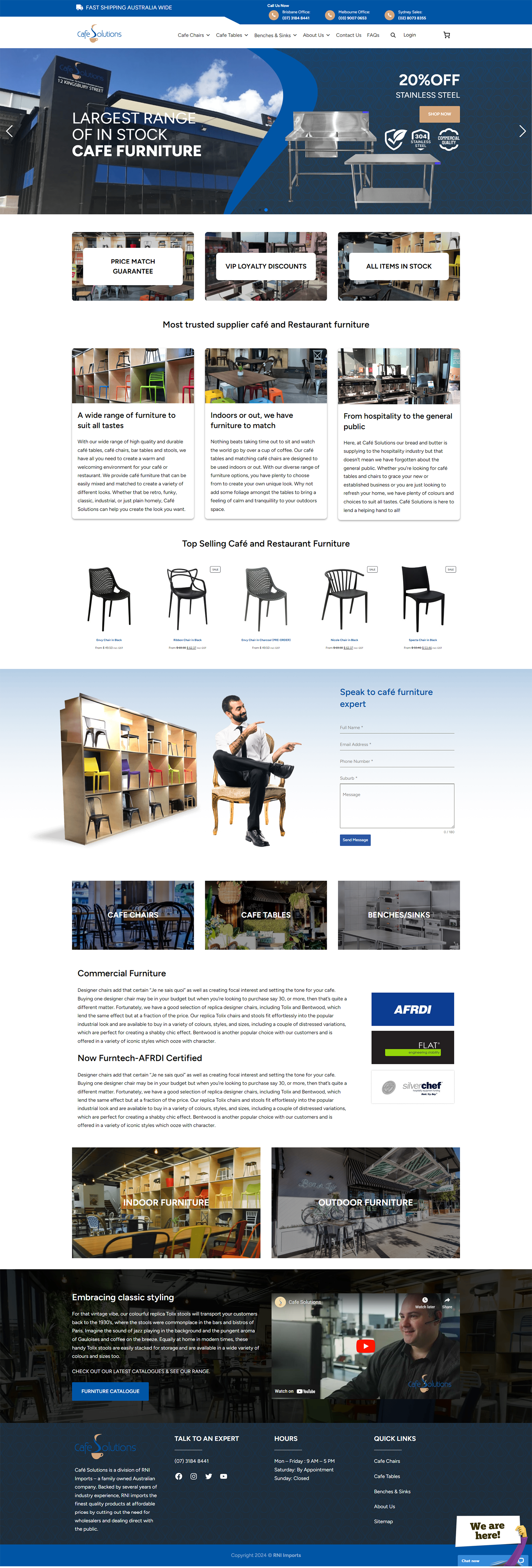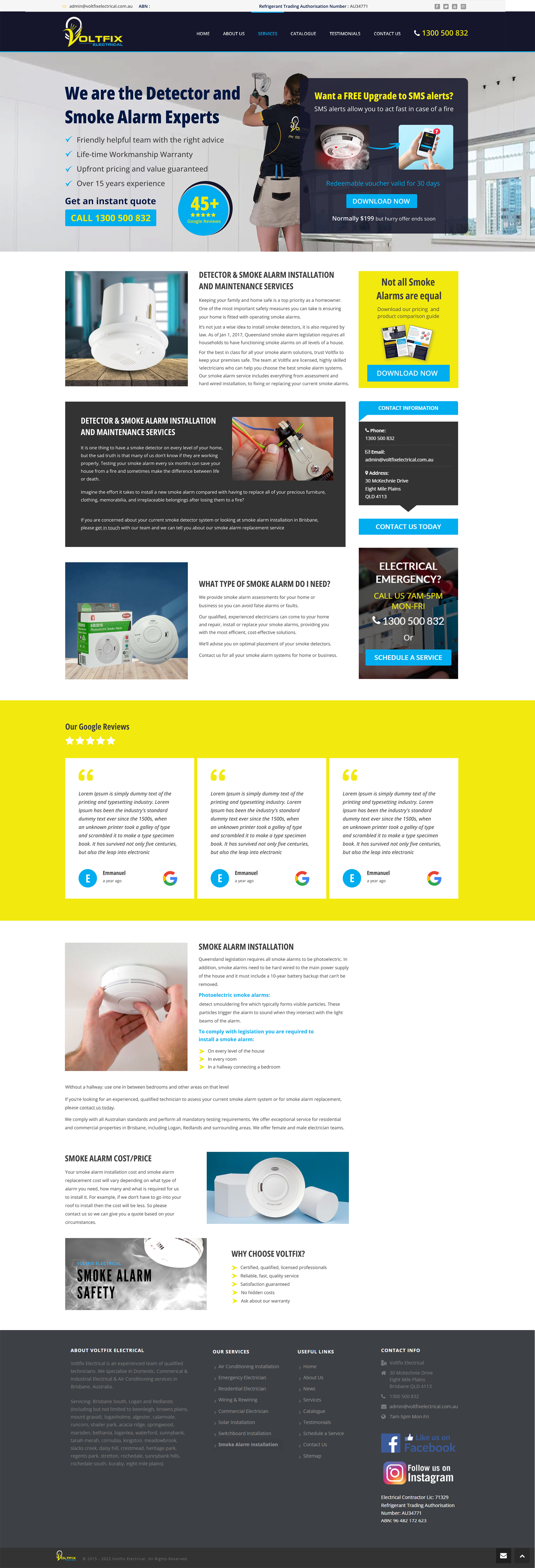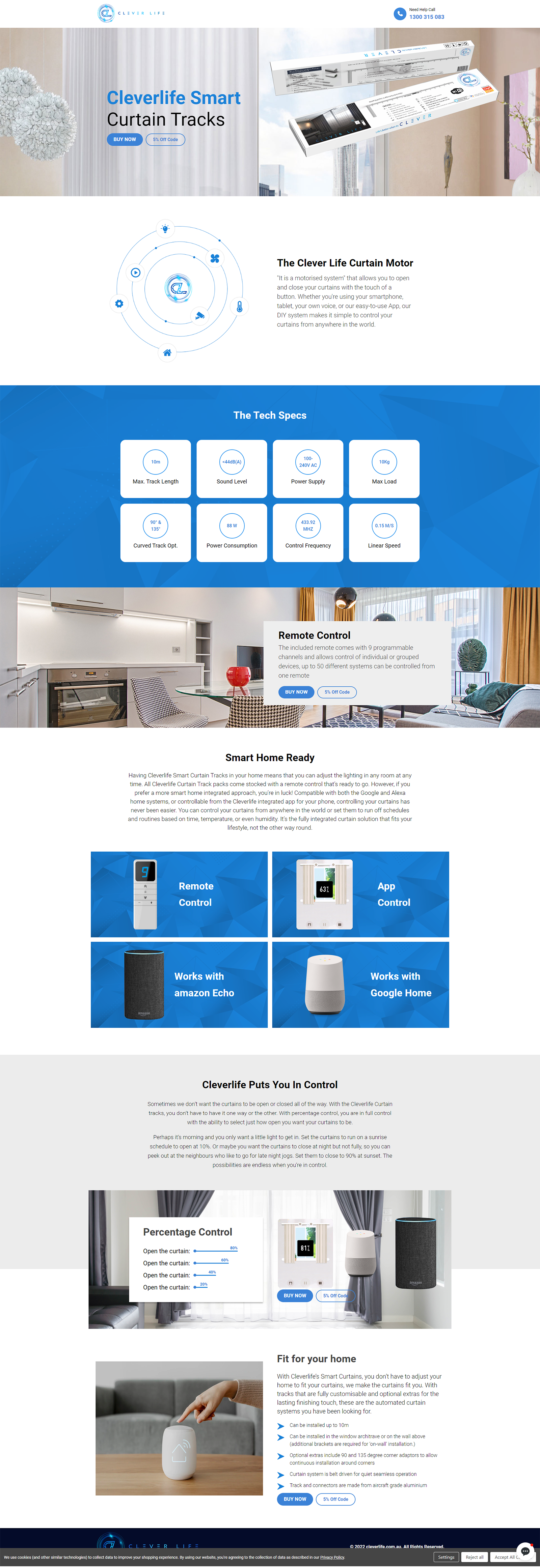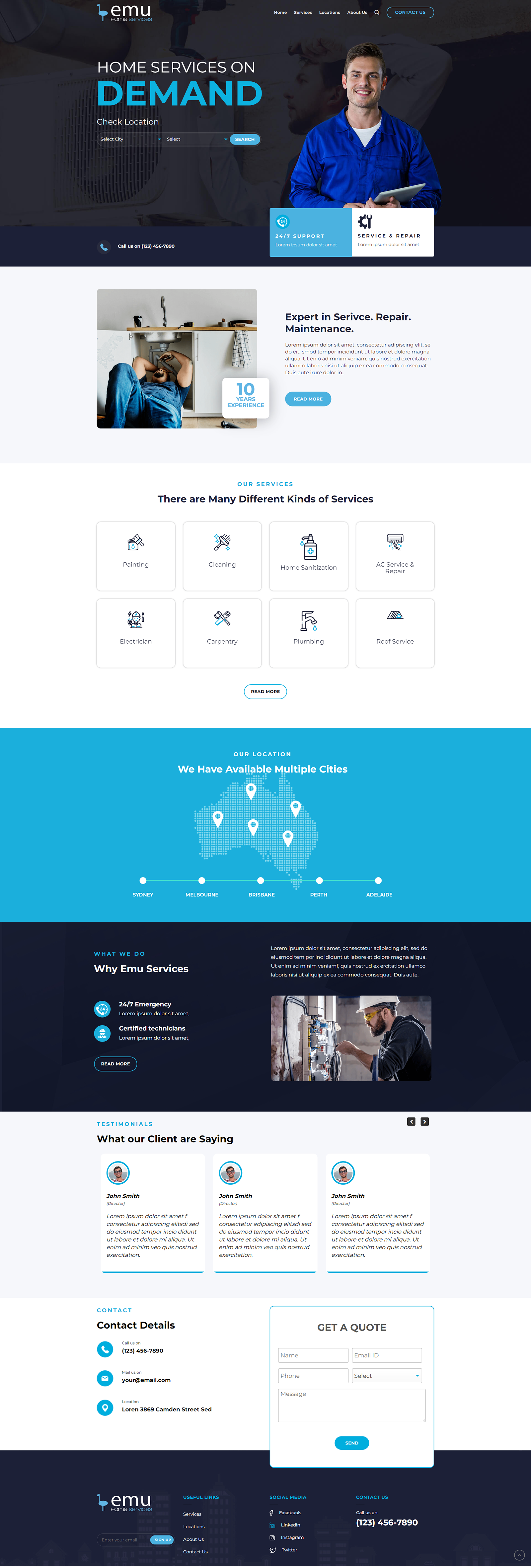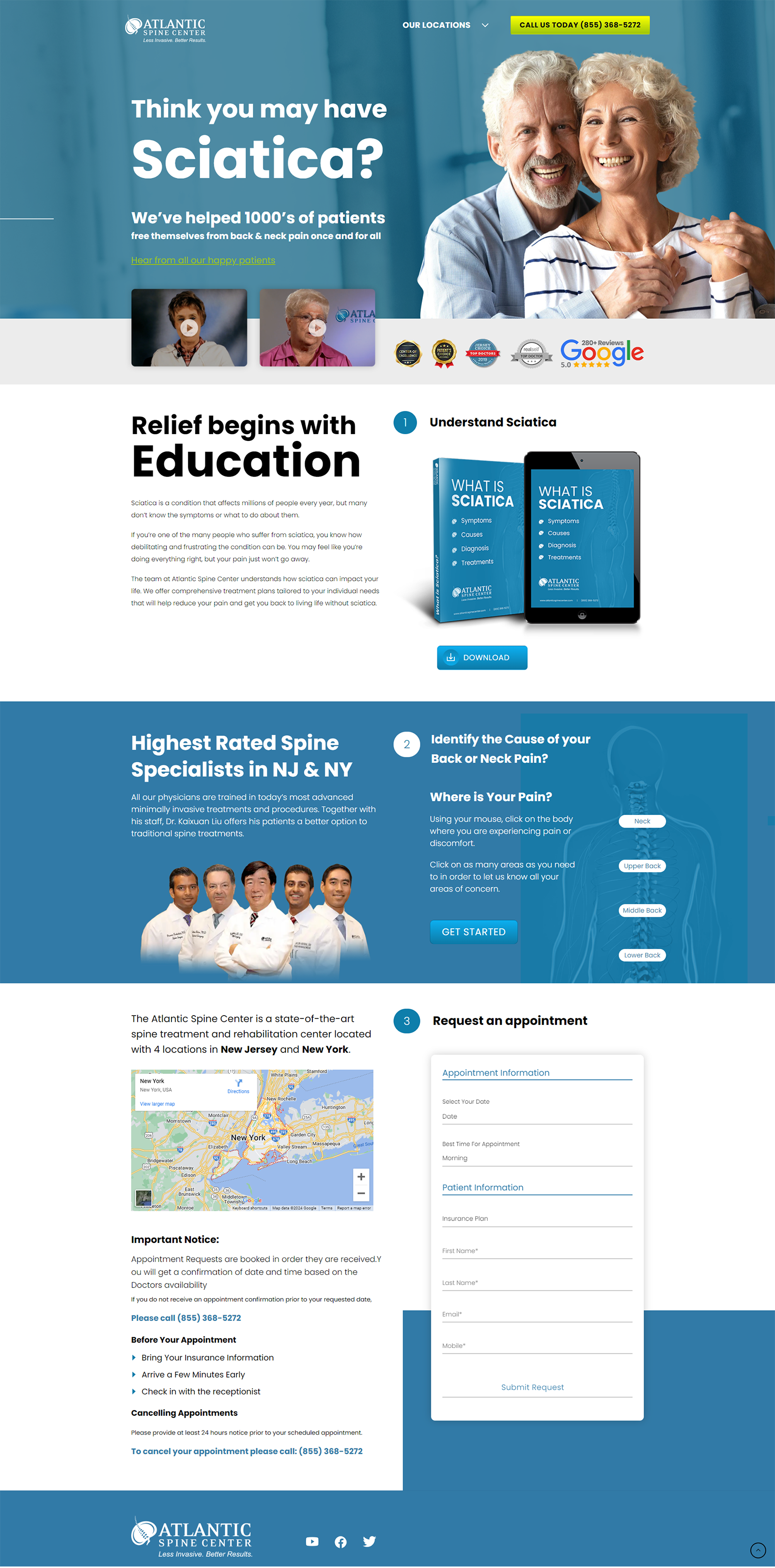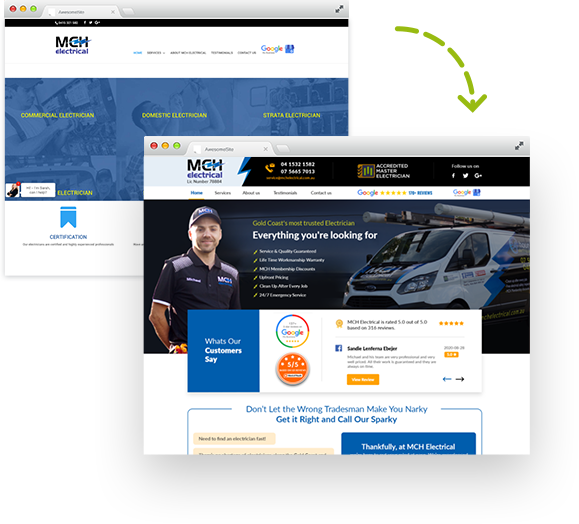In this blog, we’ll outline the most common SEO mistakes and provide practical steps to help you avoid them.
1. Neglecting Keyword Research
Keyword research forms the backbone of any successful SEO strategy. Many make the mistake of targeting overly competitive keywords or ignoring the potential of long-tail keywords, which can often be less competitive and highly targeted.
Tips for conducting thorough keyword research:
Use Google Keyword Planner:
- Start by entering relevant keywords related to your business or niche.
- Analyse the search volume and competition for each keyword.
- Identify long-tail keywords that have lower competition but high relevance to your audience.
Utilise SEMrush:
- Perform a competitive analysis to see which keywords your competitors are ranking for.
- Use the keyword difficulty tool to find keywords that you can realistically rank for.
- Explore keyword variations and related searches to expand your keyword list.
2. Poor Quality Content
Creating high-quality content is imperative for SEO success. Poor-quality content, such as thin content or keyword-stuffed articles, can negatively impact your search rankings and user experience. It is crucial to produce engaging and informative content that meets user intent and adheres to search engine guidelines.
Advice on creating high-quality, engaging content:
- Ensure relevance: Create content that directly addresses the needs and interests of your target audience.
- Focus on originality: Provide unique insights and avoid duplicating existing content. Original content is more likely to be shared and linked to.
- Enhance readability: Use clear, concise language, and break up text with subheadings, bullet points, and images to make it easy to read.
- Incorporate multimedia: Use images, videos, infographics, and other multimedia elements to enrich the content and engage users.
3. Ignoring On-Page SEO
On-page SEO involves optimising various elements on your website to improve visibility and click-through rates. Common mistakes include missing meta tags, improper use of headers, and neglecting image alt text.
Best practices for optimising on-page elements:
Title tags:
- Keep them under 60 characters to ensure they are not cut off in search results.
- Include your primary keyword near the beginning.
- Make them compelling to encourage clicks.
Meta descriptions:
- Keep them between 150-160 characters.
- Summarise the content clearly and include a call-to-action.
- Use relevant keywords naturally.
Headers:
- Use H1 for the main title and H2 for main sections.
- Use H3 and lower for subsections to maintain a clear hierarchy.
- Include keywords where appropriate but keep them natural.
Image alt text:
- Describe the image accurately and concisely.
- Include relevant keywords but avoid keyword stuffing.
- Ensure every image has alt text for better indexing and accessibility.
4. Overlooking Mobile Optimisation
With the increasing use of mobile devices, mobile optimisation has become a critical factor in SEO. Errors such as slow mobile load times and poor mobile user experience can significantly affect your rankings.
Ways to ensure a website is mobile-friendly:
Responsive design:
- Use flexible grids and layouts that adapt to different screen sizes.
- Ensure text is readable without zooming and that images scale appropriately.
Mobile-first indexing:
- Prioritise the mobile version of your site when designing and updating.
- Test your site on multiple devices to ensure it performs well across all screen sizes.
Page speed:
- Optimise images and use compression to reduce file sizes.
- Minimise the use of heavy scripts and unnecessary plugins.
- Use a content delivery network (CDN) to improve load times for users in different locations.
5. Not Building Quality Backlinks
Backlinks are a cornerstone of effective SEO, playing a critical role in establishing your website’s authority and improving its search engine rankings. However, the quality of backlinks is far more important than the quantity. Acquiring low-quality or spammy backlinks can lead to penalties and damage your site’s reputation.
Strategies for building high-quality backlinks:
Guest Blogging:
- Write high-quality articles for reputable websites in your industry.
- Include a backlink to your site in the author bio or within the content where appropriate.
- Focus on creating valuable content that attracts readership and shares.
Forming Partnerships:
- Collaborate with industry influencers or complementary businesses.
- Exchange guest posts or create joint ventures that naturally generate backlinks.
- Ensure the partnerships are genuine and add value to both parties.
Creating Shareable Content:
- Produce content that is informative, entertaining, or unique to encourage shares and backlinks.
- Use infographics, videos, and comprehensive guides that provide significant value.
- Promote your content through social media and outreach campaigns to increase visibility.
6. Not Keeping Up with Algorithm Updates
Search engine algorithms are continuously evolving, making it essential for SEO practitioners to stay updated with the latest changes. Failing to adapt to algorithm updates can result in penalisation and a significant drop in search rankings.
Strategies for staying updated:
Follow reputable SEO blogs and forums:
- Stay informed about the latest trends, updates, and best practices.
- Engage with the SEO community to share knowledge and insights.
Subscribe to newsletters from industry experts:
- Receive regular updates and insights directly in your inbox.
- Learn about new tools, techniques, and algorithm changes as they happen.
Continuously test and adjust your strategy:
- Monitor your site’s performance after updates to identify any changes.
- Make necessary adjustments based on the impact of algorithm updates.
- Stay flexible and proactive in adapting to new SEO challenges.
Avoiding common SEO mistakes is key to achieving better search rankings and enhancing user engagement. By conducting thorough keyword research, creating high-quality content, optimising on-page elements, and focusing on user experience and local SEO, you can significantly improve your website’s performance. Remember, regular monitoring and staying updated with algorithm changes are crucial for long-term success. If you need professional SEO services and further guidance, contact Kick Media. We’re here to help you navigate the complexities of SEO and achieve your digital marketing goals.







